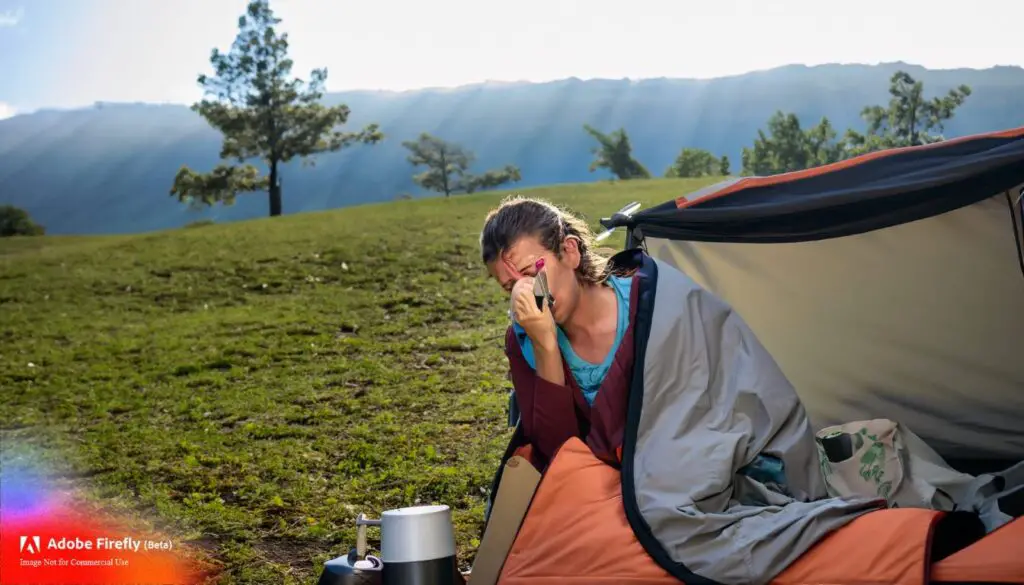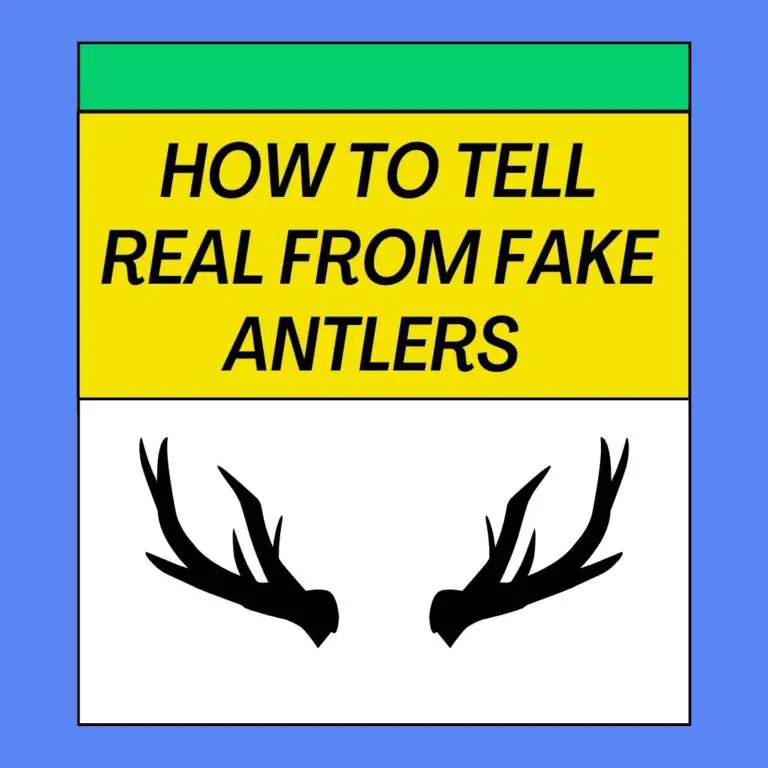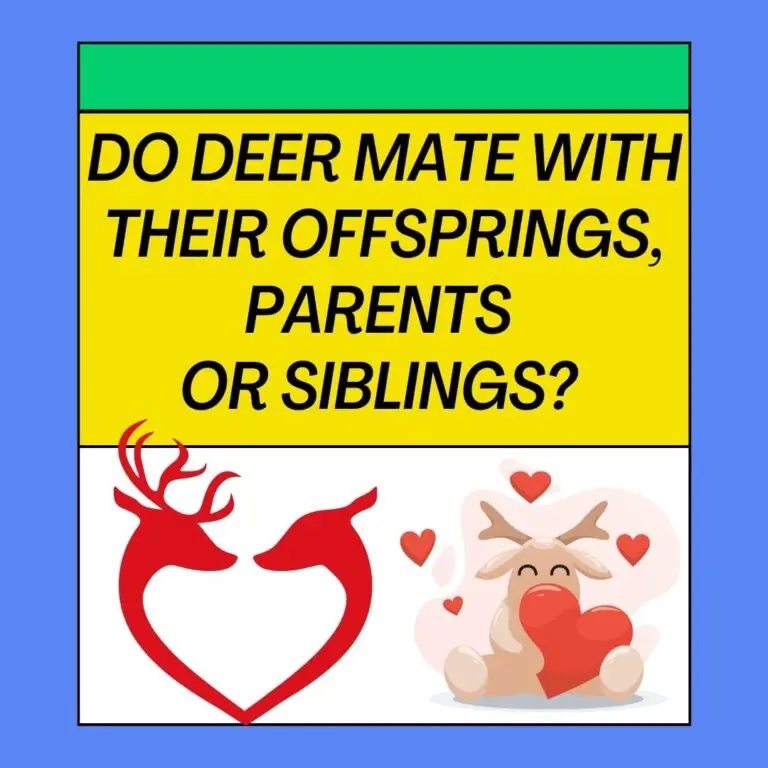![Why Do I Always Get Sick After Camping? [8 Reasons and Tips]](https://huntandlunch.com/wp-content/uploads/2023/09/9-1.jpg)
Getting sick after camping can be caused by various factors, and it’s essential to identify the specific reasons to prevent future occurrences. Here are some common reasons why people might get sick after camping and how to avoid them:
- Food poisoning: This can happen if you eat food that has been contaminated with bacteria, viruses, or parasites. Food poisoning can cause symptoms such as nausea, vomiting, diarrhea, and stomach cramps.
- Giardia: This is a waterborne parasite that can cause diarrhea, stomach cramps, and fatigue. Giardia can be found in lakes, streams, and rivers, so it’s important to filter or boil your water before drinking it.
- Campylobacter: This is a bacteria that can be found in raw or undercooked meat, poultry, and eggs. Campylobacter can cause symptoms such as diarrhea, fever, and abdominal cramps.
- Leptospirosis: This is a bacterial infection that can be transmitted through contact with infected animals or their urine. Leptospirosis can cause symptoms such as fever, headache, muscle aches, and jaundice.
- Hantavirus: This is a virus that can be found in the droppings of rodents. Hantavirus can cause a serious respiratory illness called hantavirus pulmonary syndrome.

There are a few reasons why you might get sick after camping.
- Food poisoning: This can happen if you eat food that has been contaminated with bacteria, viruses, or parasites. Food poisoning can cause symptoms such as nausea, vomiting, diarrhea, and stomach cramps.
- Giardia: This is a waterborne parasite that can cause diarrhea, stomach cramps, and fatigue. Giardia can be found in lakes, streams, and rivers, so it’s important to filter or boil your water before drinking it.
- Campylobacter: This is a bacteria that can be found in raw or undercooked meat, poultry, and eggs. Campylobacter can cause symptoms such as diarrhea, fever, and abdominal cramps.
- Leptospirosis: This is a bacterial infection that can be transmitted through contact with infected animals or their urine. Leptospirosis can cause symptoms such as fever, headache, muscle aches, and jaundice.
- Hantavirus: This is a virus that can be found in the droppings of rodents. Hantavirus can cause a serious respiratory illness called hantavirus pulmonary syndrome.
To reduce your risk of getting sick after camping, it’s important to take some precautions:
- Cook food thoroughly. Make sure to cook all meat, poultry, and eggs to the proper internal temperature.
- Filter or boil your water. This will help to kill any harmful bacteria or parasites that may be present in the water.
- Wash your hands often. This is especially important after using the bathroom, changing diapers, and before eating.
- Avoid contact with wildlife. This includes touching animals, their droppings, or their urine.
- Be aware of the risks of leptospirosis and hantavirus. If you come into contact with rodents or their droppings, wash your hands thoroughly with soap and water.
Contaminated Water: Drinking untreated water from natural sources like streams and rivers can expose you to harmful bacteria, viruses, and parasites. This can lead to gastrointestinal illnesses.
Prevention: Always carry and use a water filter, purification tablets, or boil water to make it safe for consumption. Avoid drinking untreated water directly from natural sources.
Improper Food Handling: Inadequate food storage, preparation, and cooking can lead to foodborne illnesses, such as food poisoning.
Prevention: Follow proper food safety practices, including storing food in airtight containers, cooking it thoroughly, and keeping it at the right temperature. Wash your hands and cooking utensils frequently.
Insect Bites and Vector-Borne Diseases: Camping in areas with a high population of insects can lead to bites that may cause allergic reactions or transmit diseases like Lyme disease or West Nile virus.
Prevention: Use insect repellent, wear protective clothing, and check for ticks or insect bites regularly. Know the risks in the area you are camping and take appropriate precautions.
Exposure to Extreme Weather: Exposure to extreme cold or wet conditions can lead to hypothermia, frostbite, or other weather-related illnesses.
Prevention: Dress appropriately for the weather, use suitable gear, and stay informed about the local climate and forecasts. Seek shelter in severe weather conditions.
Poor Hygiene: Inadequate hygiene practices, such as not washing hands or using unsanitary bathroom facilities, can lead to the spread of germs and illnesses.
Prevention: Maintain good personal hygiene by washing your hands with soap and water regularly. Use proper camping toilets or follow Leave No Trace principles for waste disposal.
Allergies and Environmental Sensitivities: Some people may be sensitive to allergens present in the camping environment, such as pollen, mold, or specific plants.
Prevention: Be aware of your allergies or sensitivities, carry necessary medications (e.g., antihistamines), and choose camping locations that minimize exposure to allergens.
Inadequate Sleep and Rest: Camping can sometimes lead to insufficient sleep and rest, which can weaken your immune system and make you more susceptible to illnesses.
Prevention: Ensure you have a comfortable sleeping setup, maintain a regular sleep schedule, and prioritize rest and relaxation during your camping trip.
Preexisting Medical Conditions: People with underlying health conditions may be at greater risk of getting sick if they do not manage their conditions properly during camping.
Prevention: Consult with your healthcare provider before camping to ensure you are adequately prepared and have the necessary medications and medical supplies.
![Why Do I Always Get Sick After Camping? [8 Reasons and Tips]](https://huntandlunch.com/wp-content/uploads/2023/09/Firefly-Why-Do-I-Always-Get-Sick-After-Camping-7517-1024x585.jpg)
Summary
Experiencing illness after camping or traveling is not entirely uncommon, and there can be various reasons for it.
If you consistently get sick after camping despite taking precautions, it’s advisable to consult a healthcare professional. They can help identify any underlying health issues or allergies that may be contributing to your illnesses and provide guidance on how to manage them during outdoor activities.
Here are answers to your questions:
1. Is It Normal To Be Sick After Camping?
- While it’s not unusual to feel under the weather occasionally after camping due to factors like weather exposure or dietary changes, consistently getting sick may indicate underlying issues that need attention.
2. Why Do I Always Get Sick After Vacation?
- Frequent illness after vacations may result from factors like stress, changes in diet, lack of sleep, and exposure to new environments or germs during travel.
3. Is It Normal To Get Sick After Traveling?
- It’s relatively common to experience minor illnesses after traveling due to factors like jet lag, changes in climate, or exposure to new pathogens.
4. Can You Get Sick From Camping In the Cold?
- Camping in cold conditions can increase the risk of cold-related illnesses like hypothermia or frostbite if not adequately prepared. Proper clothing and shelter are essential in cold weather camping.
5. What Is Camp Sick?
- “Camp sick” is not a recognized medical term. It may refer to a feeling of nostalgia or longing for the outdoors or camping experiences after returning home.
6. Why Do I Have A Sore Throat After Camping?
- A sore throat after camping could result from exposure to cold or damp conditions, allergens, or irritants in the camping environment, such as campfire smoke.
7. How Long Does Leisure Sickness Last?
- Leisure sickness, which is feeling unwell during vacation or leisure time, can vary in duration. It may last for the duration of the vacation or persist for a few days.
8. Why Do I Get A Cold Every Time I Travel?
- Frequent colds during travel may be due to exposure to new viruses, disrupted sleep patterns, or a weakened immune system from travel-related stress.
9. How Do You Get Rid Of Camp Sickness?
- To alleviate camp sickness or homesickness, stay connected with loved ones, maintain a routine, and focus on positive aspects of the camping experience. It often fades with time.
10. Is Post Camp Depression Real?
- “Post camp depression” is not a clinical term but may refer to the feelings of sadness or longing that some people experience after leaving a beloved camping or outdoor experience.
11. How Do You Deal With Campsickness?
- Dealing with campsickness or homesickness involves staying engaged in activities, reminiscing about positive experiences, and gradually adjusting to everyday life. Staying in touch with friends made during camping can also help.
If you consistently experience illness or discomfort during or after camping or travel, it’s advisable to consult a healthcare professional to rule out underlying medical conditions and receive guidance on staying healthy during outdoor adventures.






